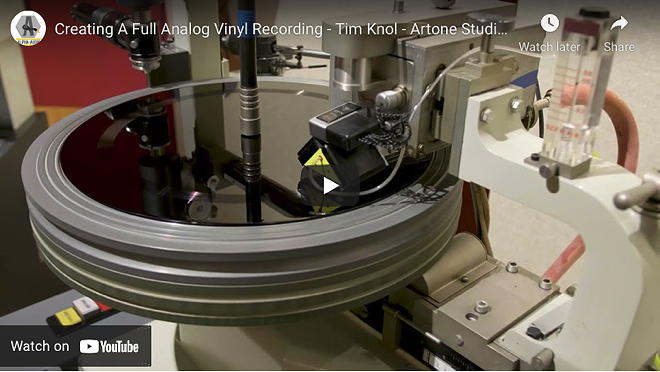The problem is that people conflate digital music technology with digital music implementation. When I take a live mike feed from my mixing console and do A to D, and then D to A to feed my monitoring system, there is NO noticeable difference from the original signal on A/B comparison, at least with the equipment and the format (DSD128) that we use. With PCM, even 24/192, we can hear a difference. But with DSD128, none of us in the team can hear any difference. Therefore, the actual digital conversion process is transparent. Of course, once the data is recorded, stored and playback, other factors come into play. With modern digital recordings, the ease and convenience of manipulating the signal can be a distraction, and it is often these manipulations that ruin the recording. We once attended a recording session of a classical label where they used over 100 microphones. No kidding. How the hell can anyone make a coherent sounding recording this way ? They were supposed to pick which tracks to mix back at the studio, but given the large number of combinations possible, and the problem with phase cancellations etc., it is pure madness.
There are also inherent problems with digital technology. Early Redbook digital had problems with the steep brick wall filter, which could be solved with oversampling. But one problem that remains unsolvable is the lack of resolution at low signal levels. The ears are much more sensitive in resolving detail at low SPL, but the the PCM format does not devote more bits to represent low level signals. This is probably because the format was invented by engineers with little understanding of psychoacoustics. At the lower end of the dynamic range, Redbook CD does not have nearly enough resolution to realistically reproduce a music signal. It is like watching a movie at 8 fps, where the movements become jerky because the frame speed is not high enough to fool the brain into thinking that the movement is continuous. DSD has a one bit resolution and basically just tracks the analogue waveform, which is why it sounds more like real world sound. Such is the state of the art today that if one records music to DSD with a high end professional ADC and play back on a high end DAC, I bet nobody can tell the difference between the original analogue and the digital on blind testing.











